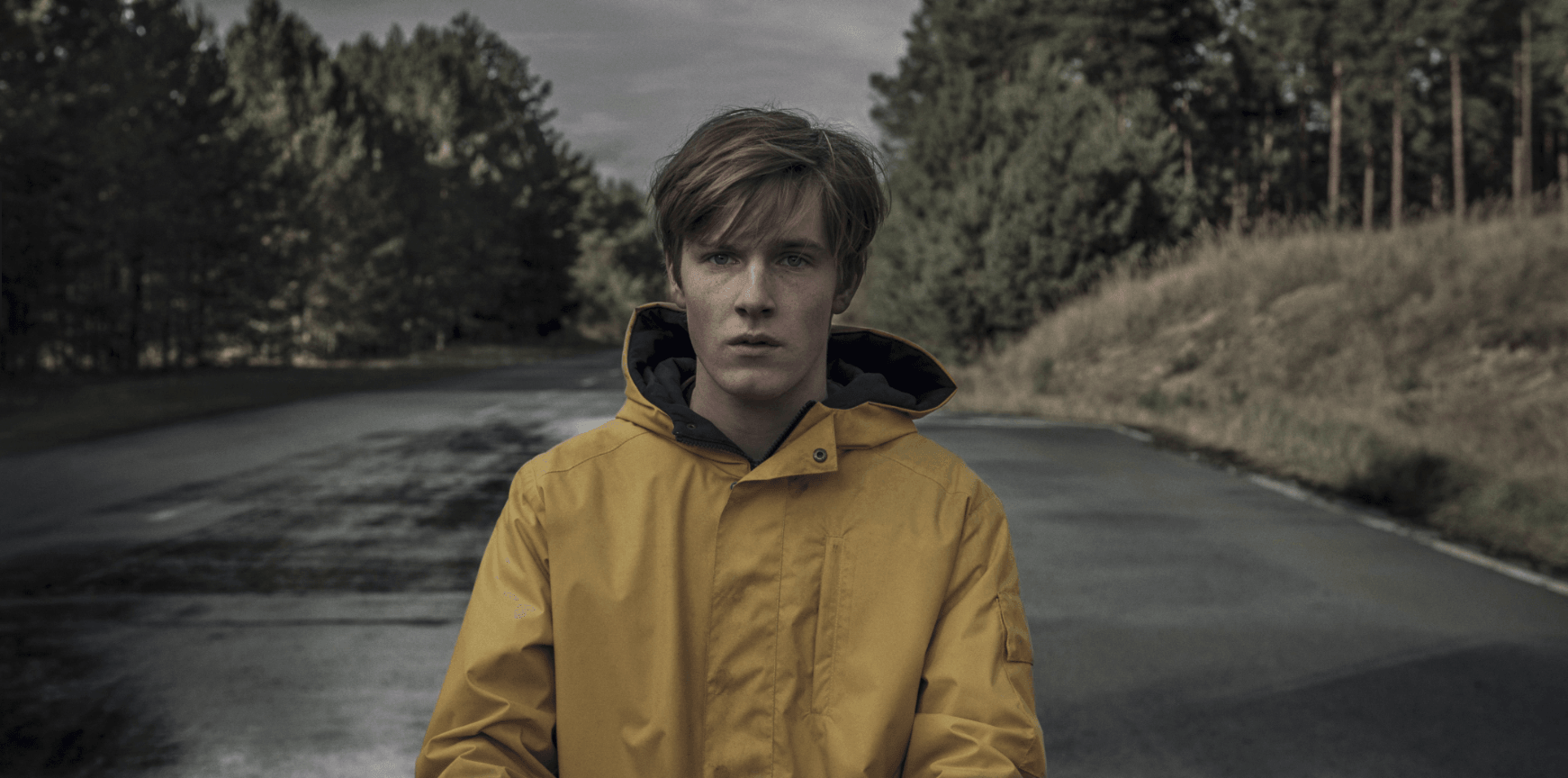The Netflix series you might have missed: Dark
Sam Savelli reviews Dark, the ten-part German language series released to Netflix in December 2017.
Just over a month after the new episodes of Stranger Things arrived in enormous publicity and anticipation, another brand-new drama series was quietly released on Netflix.
It is difficult to describe Dark without spoiling any of the many twists that the series presents. Set in the small German town of Winden, children begin to go missing and unusual events take place in connection with a nuclear power plant and the surrounding caves. There is an interesting supernatural premise behind the series, which unfolds in the endless and often confusing connections and relationships between the characters.
It is quite possibly one of the most gloomy and visually dark shows out there
Admittedly, I was slow to warm to this series. An episode or two into the series, you would be forgiven for getting confused about who is who and who is related to who, and indeed the endless ways in which characters are connected can make Winden seem very small and difficult to believe in. In addition, the main intrigue takes a while to come through – the third episode precisely. Despite a slow start, however, it’s definitely worth sticking with Dark, because before long you’ll be desperate to watch the next episode and to continue piecing together the jigsaw of the lives of Winden’s residents, both past and present.
Be warned, however, that Dark lives up to its title. It is quite possibly one of the most gloomy and visually dark shows out there, from its beautifully haunting theme tune to the endless torrents of rain that can be seen in almost every outdoor scene. I am unable to think of a single scene in which a character laughs or smiles. In that way, it is worlds apart from Stranger Things.
What makes Dark so effective is the meticulous planning on the part of the show’s creators
What makes Dark so effective is the meticulous planning on the part of the show’s creators. Without giving too much away, the show plays with the concept of time; things aren’t necessarily shown in chronological order (if there can even be considered such a thing as a chronological order in this show). The manner in which everything comes together and slots into place makes the series as a whole highly satisfying, but also makes me a tad wary of how they’ll approach the already-confirmed second season.
That being said, there is an effective final twist at the end of episode ten which suggests there is more potential with this dreary but intriguing universe. I look forward to season two.

Comments (1)